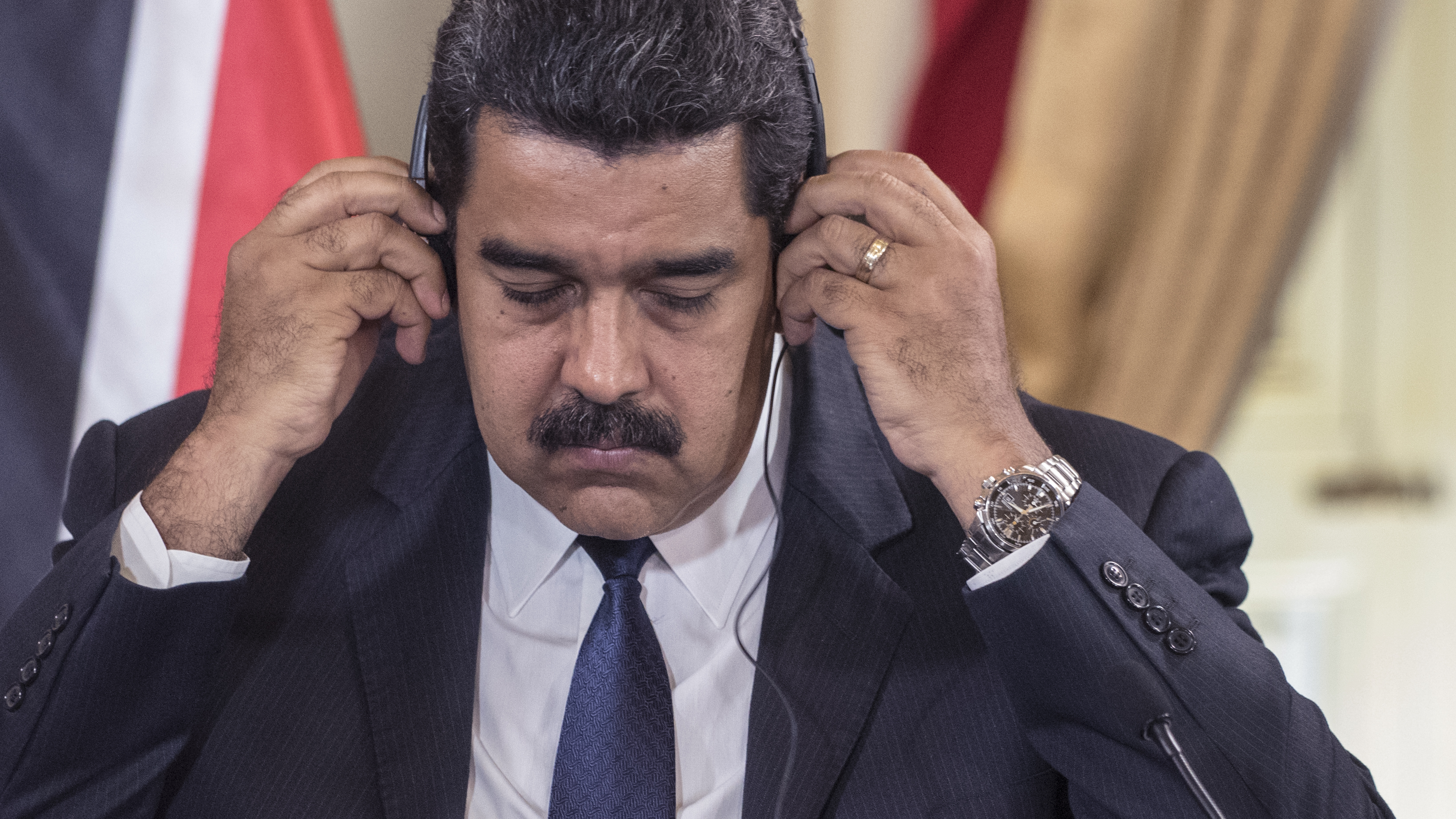Lawfare, Common Article 3, and Military Commissions in Rumsfeld’s "Known and Unknown"
Chapter 40 (“Law in a Time of War”) of Donald Rumsfeld’s new book, Known and Unknown, will be of special interest to Lawfare readers. In it, Rumsfeld discusses his views on “lawfare,” the origins and travails of military commissions, and the Supreme Court detention and habeas cases.
Rumsfeld defines “lawfare” as the use of “international and domestic claims, regardless of their factual basis, to win public support to harass American officials – military and civilian – and to score ideologi
Published by The Lawfare Institute
in Cooperation With

Chapter 40 (“Law in a Time of War”) of Donald Rumsfeld’s new book, Known and Unknown, will be of special interest to Lawfare readers. In it, Rumsfeld discusses his views on “lawfare,” the origins and travails of military commissions, and the Supreme Court detention and habeas cases.
Rumsfeld defines “lawfare” as the use of “international and domestic claims, regardless of their factual basis, to win public support to harass American officials – military and civilian – and to score ideological victories.” He concludes that the “mere threat of lawsuits and legal charges effectively bullies American decision makers, alters their actions, intimidates our security forces, and limits our country’s ability to gather intelligence and defend the American people.” Rumsfeld also discusses the background to this memorandum on the “Judicialization of International Politics,” that he sent to several top government officials in April 2003. (I was working in the DOD General Counsel’s office at the time and drafted the memorandum for DOD General Counsel Haynes and Secretary Rumsfeld; I discussed the memorandum on pages 58-64 of my book The Terror Presidency.)
One theme of the chapter is that lawyers had too prominent a role, at the expense of policymakers, in making important legal policy decisions in the war on terrorism. For example, of the Common Article 3 holding of Hamdan, Rumsfeld writes,
Though I didn’t follow the novel reasoning of the Supreme Court majority in Hamdan, I agreed fully that there should be a proper standard of care for all detained enemy combatants, even those not technically entitled to POW privileges. Had a standard beyond humane treatment, such as Common Article 3, been established as a matter of policy earlier, the administration might have avoided the sweeping setback that Hamdan represented. It is possible that we would have come to a better outcome had we approached the issue as a policy matter to be decided by policy makers with legal advice, rather than viewing it as a legal matter to be determined by lawyers.Rumsfeld gives a spirited defense of military commissions but bemoans DOD’s inability to get them up and running during his tenure. “Everyone involved wanted to do things right – not fast – but President Bush and I found the lengthy delays disturbing. Whenever we expressed dismay at the excruciatingly slow pace, however, we were reminded by the lawyers that we risked exerting ‘undue and improper command influence,’ thereby corrupting the military process.” He concludes this section by saying that despite the many attacks on military commissions, “no preferable alternative has been established almost a decade later.” The whole chapter is interesting, intelligent, and provocative, as are the other parts of the book I have read.
Jack Goldsmith is the Learned Hand Professor at Harvard Law School, co-founder of Lawfare, and a Non-Resident Senior Fellow at the American Enterprise Institute. Before coming to Harvard, Professor Goldsmith served as Assistant Attorney General, Office of Legal Counsel from 2003-2004, and Special Counsel to the Department of Defense from 2002-2003.




